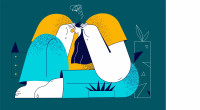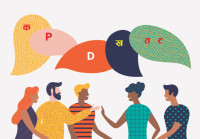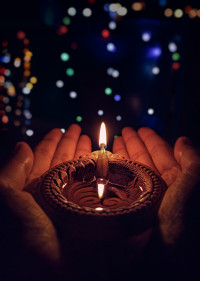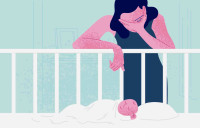As it is
Revisiting what we’ve abandoned
When we realise how fragile our existence is, we realise we need art to survive.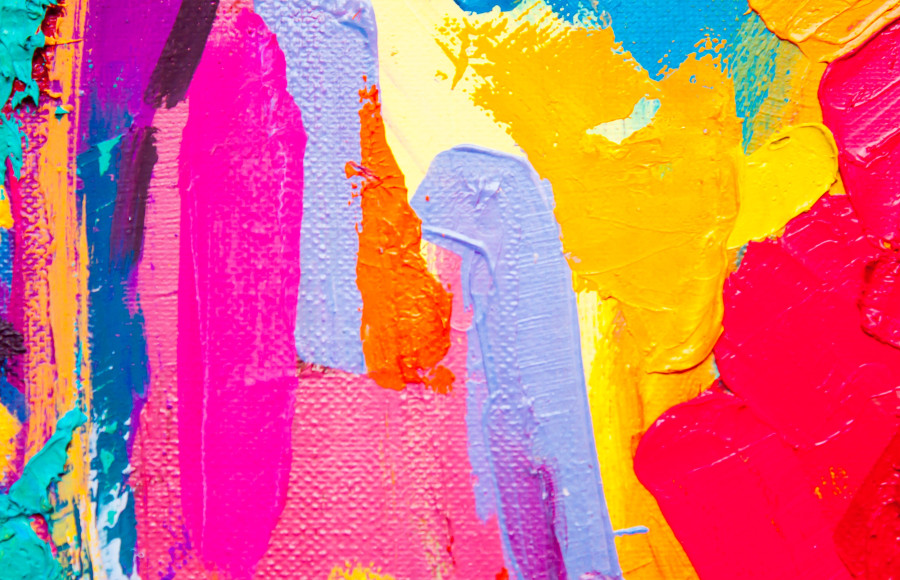
Monica Khanal
“How many of you have given up on your hobbies or creative skills over the years?” my teacher asked abruptly to the class one afternoon. More than half of us warily raised our hands in the air, looking at each other, as if to find solace in the fact that we weren’t alone.
“So, why did you give up?” she asked us, one by one.
“When I was a kid, many made fun of my art. I then stopped making art,” one said.
“As I grew up, things started changing. There was too much pressure—assignments to be completed, readings to be done and friends to be met,” said another.
“As a child, I loved writing poems. But nobody appreciated what I wrote, and the motivation somehow faded,” added another.
As everyone started answering, I noticed how, with each answer, people were slowly starting to open up. The narratives of their experiences started becoming more vulnerable, raw, and true to the self. They talked of hidden childhood traumas—of stage fright, rejections, unsupportive family, courageous first steps leading nowhere, and eventually losing confidence.
My teacher had successfully made a point. She went on to explain how an article in Harvard Business Review spoke of a research that proved many people tend to lose their creative confidence in the process of growing up and later turn up to label themselves as “non-creatives”, despite actually having a creative side to them.
While she continued with the lesson, the voice in my head started overpowering hers. Where and when did I lose my “creative confidence”? And how had I not noticed it? Do I even have a hobby now? What do I truly enjoy doing?
I don’t have the answer to those questions. Whatever may have been her motive to discuss “creative confidence” that day, the idea was stuck in my head.
I had always been an average kid when it came to creativity. And when I say “average”, I mean a sharp 5 on 10. I would do anything asked to do. Singing, dancing, drawing, acting, writing, baking, journaling. Anything—but averagely. It was easier to jump from one hobby to another, performing averagely, rather than sticking with one hobby, trying to perfect it and risk failing majorly. So, I kept experimenting—choosing to change hobbies one after the other instead of perfecting something and learning.
So now, the strokes in my paintings look like ones made by a fifth grader. Or if I dance, the steps are limited and I keep repeating them. Let’s just not even get into singing.
And when my teacher talked about “creative confidence”, the idea got to my head quickly, but then it vanished just as quickly. It seemed to me that I had perfected the art of jumping from one thing to another. As soon as something becomes challenging, my first instinct is to abort it. It comes naturally to me.
Today, a global pandemic has gripped the world as we know it. Almost everyone globally is under lockdown to control the spread of coronavirus. Some complain about being confined, some do not mind it, some complain to authorities who won’t listen to them, some do not have anyone to complain to, and some who want to complain but don’t have a voice.
For me, the lockdown gives me time to revisit those old, lost hobbies. Revisit. Another painful process of realising why I stopped so many things and picking them right up from there.
Most of my social media buddies have resorted to making art during this period of lockdown. They also paint, sing, write poetry, photograph, dance, and bake. It comes to them naturally. It isn’t the case with me, yet.
But I realise that there’s something about art that relaxes you. Perhaps it is the process, the intricate detailing that demands focus and a certain calm. At times like these, when we realise how fragile our existence is, I realise how we need art to survive. For it makes us realise to take a step back, to reflect, to breathe.
Maybe we need to take refuge in the layers of paint, in the strokes of our pen, in between the strings of our musical instrument, powerful words in books, in movies, and in dance. But in the humdrum of daily life we forget it, then hurriedly return to it only when everything else fails.
But that’s the thing about art. Its arms are always open to embrace you, forgive you, teach you lessons. It is nobody’s, but it is also truly everybody’s. It is for you to take refuge in when you have too much to express or just nothing at all. Art for me is a paradox. And just like many of its paradoxical traits, it is a blessing—particularly at times of crisis.
As my friends and I dive back into our long abandoned childhood hobbies to cure the isolation we feel so gravely, I wonder if this pandemic will help us be closer to art, be closer to our inner-self, to revisit what we had long abandoned. And this time, maybe we don’t let go.




 13.12°C Kathmandu
13.12°C Kathmandu
